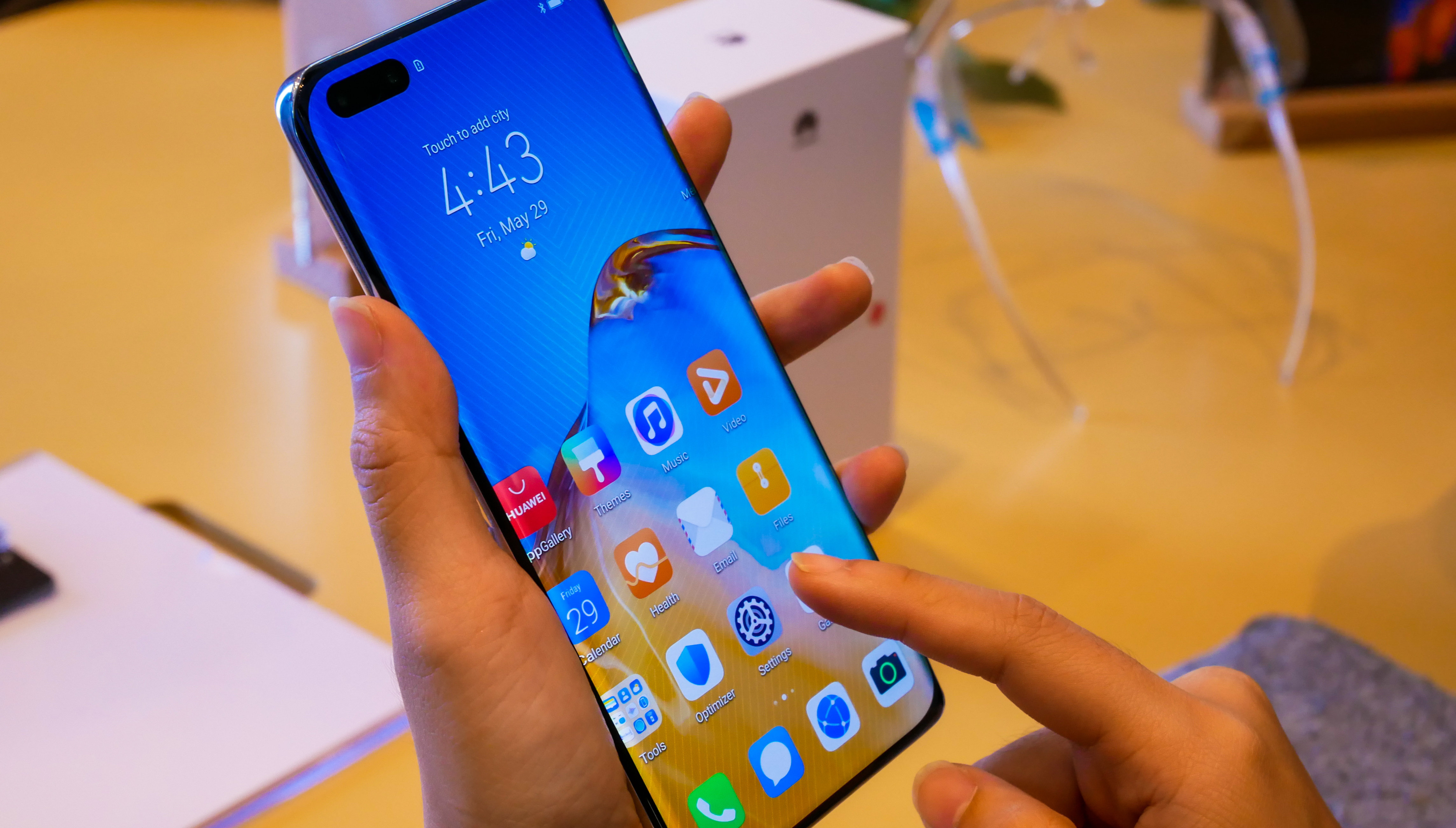Apple’s latest iOS 14.5 update has dominated tech news recently, and it’s partly down to the arrival of app tracking transparency. The service gives iPhone users more control over how they are tracked by apps and websites while not using their services, and the question on many people’s mind is when will similar options come to Android phones?
Google might soon be releasing its Android 12 update, but it doesn’t look like a version of app tracking transparency will be included when it does. When asked about bringing a similar feature to its platform Google told The Verge, “We’re always looking for ways to work with developers to raise the bar on privacy.”
So while something similar may arrive on Android handsets in the future, we might have to wait some time. That doesn’t seem like Google has an alternative ready to go just yet. Until then, what can you do to improve your privacy on your Android phone? Here’s what you need to know about privacy on Android and the tools you can use to keep your data secure.
- What is app tracking transparency on iPhone?
- How to protect your privacy on your Android phone
- How to get iOS 14.5 on your iPhone
What privacy features are on Android?
Android might not yet have an app tracking transparency feature, but what does it offer?
The next best thing is being able to see what permissions you’ve given to different apps. If you’re running Android 11 you can find the Permissions manager page in your Settings > Apps and notifications > Permissions manager. From here you can not only see what apps are allowed to do, but you can also alter when they can access these features (choosing either all the time, only while the app is in use or not at all).
Play Protect is another useful, albeit not 100% guaranteed safety feature. You can find it in Settings > Privacy and then it should be at the top of that screen. Play Protect should be turned on automatically and allows you to scan for apps from the Play Store that might be a security risk. It doesn’t work all the time, though it can give you some peace of mind and any apps that do slip by are often only minor threats.
Right now, neither of these features stops normal apps from tracking your usage of other programs and websites.

How private is private browsing?
This feature is baked into most modern browsers, including the versions you see on phones. Private browsing, or Incognito Mode as Google Chrome calls it, is where the browser won’t log your search history, website history or any local data (such as cookies).While all this is great, how private is it really?
If you’re trying to keep your activity a secret from people using the same device, it’s an effective tool, though for everything else it does very little. The private browsing mode only stops local information being stored; it doesn’t disguise your IP address or encrypt any data.
This means your internet service provider (ISP) and any third-party apps on the phone you’re using can still get a pretty good idea of what you’re up to. If you’re looking for full-privacy, you’ll need to try something else.

VPNs: private is in the name
VPNs (short for virtual private network) are a much better way to keep yourself secure online and guard your privacy while using an Android phone.
When you do something online it requires you to send and receive data constantly. Normally this data travels directly between your phone and the internet, so it’s easy for your ISP and others to intercept it and take a peek.
If you use a VPN, it’ll connect you to a private server elsewhere in the world. This creates an encrypted tunnel for your data to take a detour through, and it therefore hides key information.
When anyone tries to intercept that data it’ll be harder for them to understand what’s being done and the data won’t look like it’s coming from you. Instead, it’ll look like it’s coming from the VPN’s server location.
Watch out though, not all VPNs are created equally and some can give you anonymity elsewhere at the expense of the VPN itself tracking what you do. In our best VPN guide we explain which services offer you the best protection and which ones will truly give you the privacy you want.
Compared with Apple’s tracking transparency it’s still not ideal, though. Unlike that feature, the best VPNs come at a price and certain applications might not work properly if they detect you’re using one. Hopefully Android will bring something similar to its platform eventually.
- Best Android phones 2021: which Google-powered phone should you buy?

Our #1 top rated VPN is ExpressVPN
Of the 200+ VPNs that we've tested, it's ExpressVPN that tops the lot - it's speedy, secure, simple to use, and superb for streaming! And if you're still not sure whether VPNs are for you, you can try ExpressVPN 100% risk free by taking advantage of its 30-day money-back guarantee.
from TechRadar - All the latest technology news https://ift.tt/3udbx1Y
via IFTTT https://ift.tt/3xQkOzg
No comments:
Post a Comment